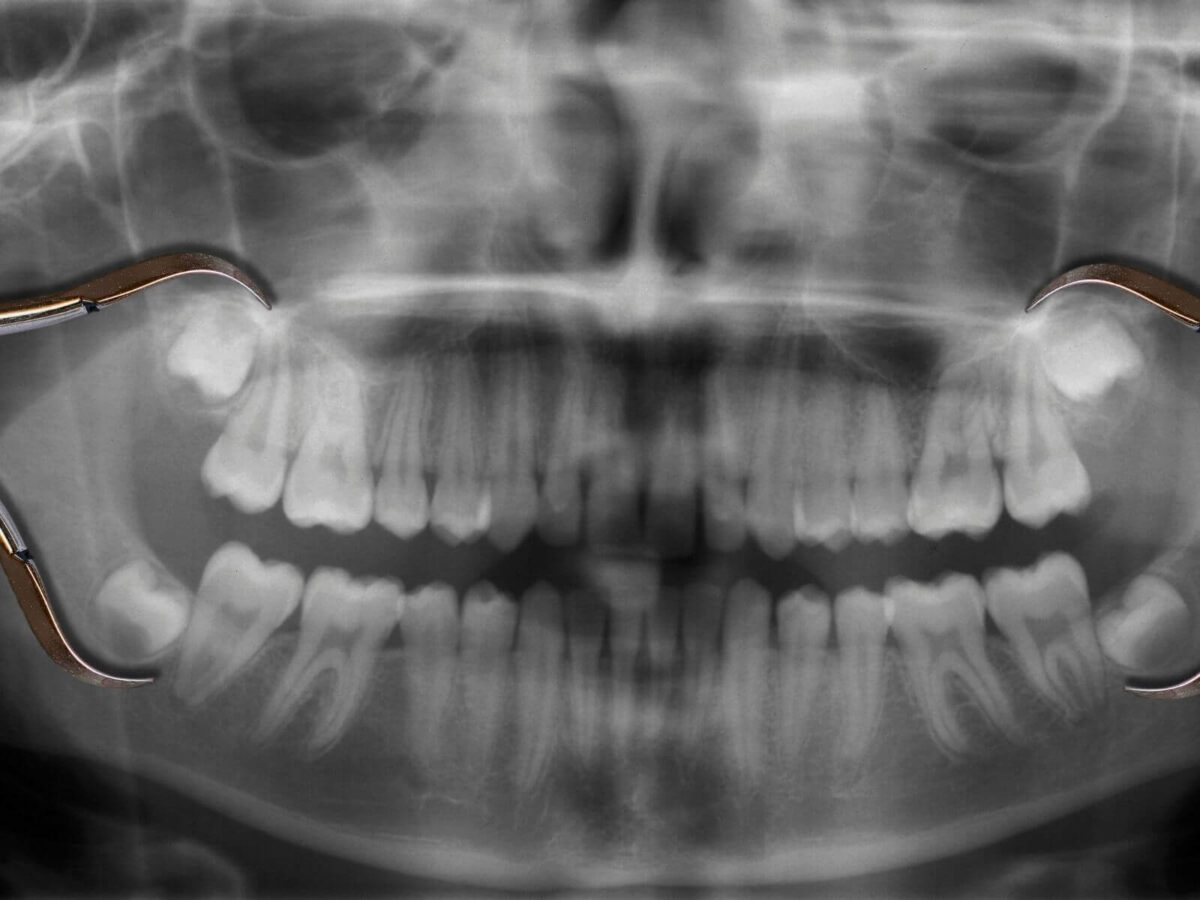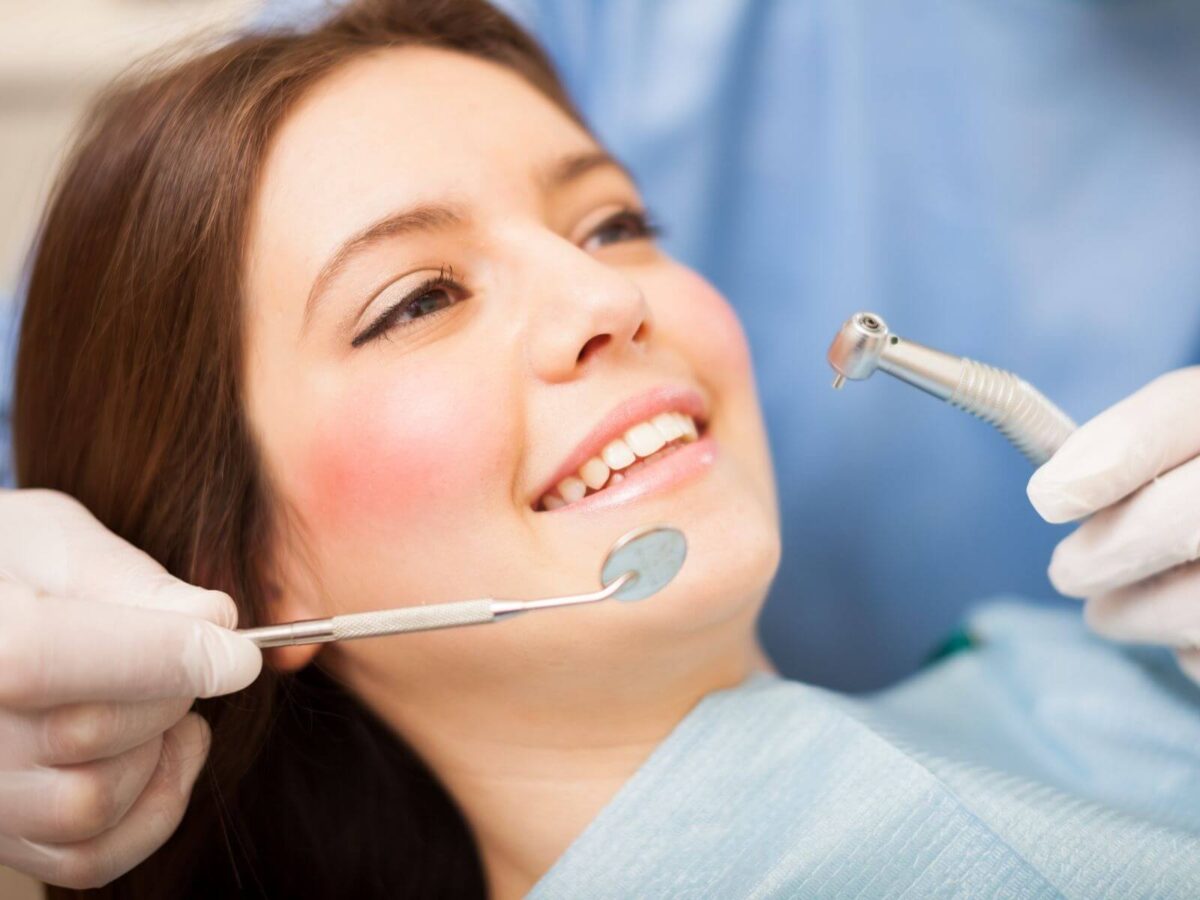The wisdom tooth extraction goes past pain relief; it’s a proactive degree to save you dental troubles such as tooth transferring, decay, and damage to surrounding teeth. At Mathis Dental Care, we prioritize patient education and knowledgeable choice-making. Understanding when and why this process is important is vital to safeguarding your long-term dental fitness.
What To Expect After Surgical Operation
It is incredible how understanding what to expect can do a lot in eradicating the uncertainty or fear one may have, especially when it comes to after-surgery care. Usually, within 24-48 hours, minor discomfort and facial edema of the eyes and cheeks may be noticed. This swelling may boom for as much as seventy-two hours following the operation.
If you feel sore or your jaw is swollen, practice an ice % to the sore website online for approximately 20 minutes, then take it off for 20 mins. You must repeat this several instances an afternoon for the primary 2 days.
If you do not have an ice pack, use a zipped plastic bag with crushed ice to the afflicted area. However, after 48 hours, ice is no longer helpful; instead, use a heat pad for the pain or swelling.
The other symptoms expected after wisdom teeth removal include bleeding in the first few hours when healing is ongoing. From 2 to 3 hours post-surgery, the gauze should be changed at the operation site every 30- 60 minutes and assist in controlling hemorrhage by biting the soaked gauze firmly. Make sure you continue this treatment until the bleeding is no longer present.
What To Do To Help The Healing Process
The surgical site will generally take two weeks and one month to heal. To help this process alongside, here are a few essential matters you could do:
- No consuming and drinking – As much as you’re hungry or thirsty, it is encouraged that you abstain from any foods and drinks till the next day of the surgical treatment. After that, one ought to use a cup of heated water and a teaspoon of salt to rinse the mouth; make sure you’re taking a cup of warm water with a teaspoon of salt and rinse your mouth 5 to 6 instances an afternoon or after each meal.
- Manage ache – If there is an ache, it ought to be managed by taking some time to take any medicine encouraged with the aid of the doctor to assist in managing pain and make one snug. Furthermore, if your dentist ordered the antibiotics, finish the desired dosage.
- Tea bag- This method doesn’t use a tea bag. Tea consists of tannic acid that has the assets of constricting blood vessels to reduce bleeding. Place a moist tea bag on the surgical website that desires to be clamped with the enamel for about 20 to 30 minutes.
- Sleep- One should avoid activity for the initial day after the wisdom teeth removal. Loosen your head and shoulders with soft pillows during the day, and do not sleep with the extraction side.
- Resume normal brushing and flossing–After the first 24 hours, return to cleaning your teeth and gum. They are okay for use if you stay away from the surgical area.
- Take your beverages in moderation. Initially, you can take semi-solids that are low in temperature, such as smoothies, ice cream, yogurt, and pudding. You can change to semi-solids after several days, like warm soup, and later change to solid foods after several days.
Wisdom Tooth Recovery Tips
1: Listen to What the Doctor Says
If your Mathis dentist has recommended pain relief pills, you should take them to avoid pain in case the effect of local anesthesia wears off. After the tooth extraction, the dentist will apply a gauze bandage to the surgical area to control bleeding.
2: Watch On Your Diet
After several days of operation, you may find it difficult and painful to open your mouth to eat everyday solid foods, so a liquid diet will be suitable. One should focus on a soft food diet during the recovery period in order not to cause any inflammation of the affected area.
It is advised to ensure you do not chew or bite down for the initial few days to have the best prognosis for rapid recovery. Have something in your stomach in case painkillers affect your tummy. Furthermore, do not consume hot foods, smoke, or sip through a straw.
3: Rinse Away
If you do not want to be infected by bacteria or viruses or suffer more days of sickness, use a warm salt water mouth to rinse at least four times daily.
4: Use a Cold Compress
If there is an increase in pain or discomfort after the tooth extraction operation, one should apply an ice pack on the cheeks to normalize it. Cold temperature reduces your sensation, which eliminates pain.
5: Keep Your Head High Up
Avoid lying down with the head low, and elevate the head as much as possible for the first few days after the wisdom tooth extraction. Using pillows to comfort the head and shoulders is helpful, as they must be at an approximate 45-degree angle.
6: Rest As Much As Possible
Even though the extraction of wisdom teeth is not complicated, your body must rest. To a certain extent, you should prevent any factors that cause interference, such as loud talking or chewing mouth during the healing period, and loud talking chewing.
What Should You Eat After The Operation?
1. Soft foods: Soft foods for consumption after extraction of wisdom teeth can easily be an ideal regime for consuming soft food products rich in fluids, proteins, and minerals without much effort owing to their soft nature until you heal.
Examples of foods are cooked cereals, cereals porridge-like oatmeal, cream of wheat, grits and mashed potatoes, vegetables like carrots, squishes, yogurt, cottage cheese, soups, smoothies, applesauce, and pudding.
2. Liquid foods: Following the surgery, swallowing may be more comfortable with liquids than solid foods. Soups made with broth are good water sources; thick ones could be taken between meals. Some other ideal choices are juices, mainly vegetable and fruit juices, milkshakes, smooth, and protein shakes.
3. Protein-rich foods: Adequate protein intake is necessary to help remodel tissues after gaining back the lost tissues at surgery to remove third molars. Low-complex carbohydrate food choices include vegetables, fruits, whole grains, and legumes/protein, which ensures eggs, fish, poultry, tofu, beans, nuts/seeds, and nut butter.
4. Comfort foods: As everyone knows, comfort food can relieve stress and anxiety, which is vital to ensure that the patient heals after surgery.
AfterCare Tips For Your Wisdom Tooth Extraction
- No Straws: A suction created by a straw can help remove the crucial blood clot at the extraction site. Everything is held together by a knot that is unintentionally undone.
- Avoid Intense Exercise: In addition to raising blood pressure, high-intensity exercises may result in bleeding at the extraction site.
- Avoid Poking at the Extraction Location: Avoid the urge to use your fingers or tongue to examine the region.
- Refrain from smoking: Smoking raises the risk of problems and slows the healing process. It’s similar to placing barriers in your way of healing.
Conclusion
After having wisdom teeth out, recovering doesn’t have to be frightening or challenging. You may find that you love your time in bed if you prepare correctly. Or at least not going through too much pain. Contact Mathis Dentist for your wisdom tooth removal needs.




